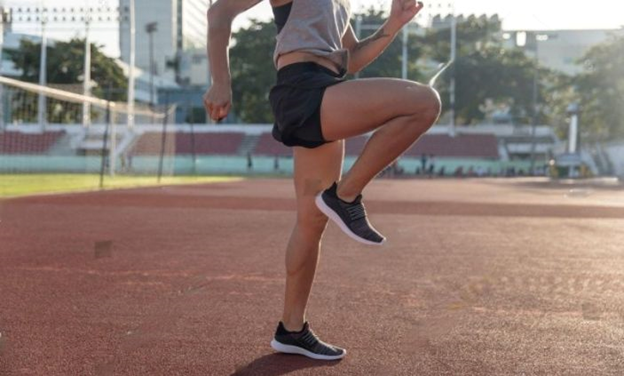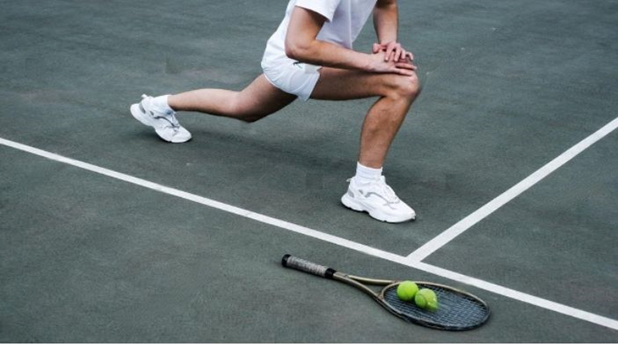Dr. rahul khanna
M.S. (ORTHO), FIASM, FIA
Specialist Joint Replacement, Arthroscopy & Sports Injury
Menu
Dr. rahul khanna
M.S. (ORTHO), FIASM, FIA
Specialist Joint Replacement, Arthroscopy & Sports Injury
Menu
Strategies for Injury-Free Training: A Guide for Sports Enthusiasts
Injuries are a common concern among sports enthusiasts, often derailing training progress and impacting performance. However, by implementing effective strategies for injury prevention, athletes can minimize the risk of setbacks and maintain peak performance levels. In this comprehensive guide, we’ll explore various strategies to help sports enthusiasts train safely and prevent injuries.
Understanding Common Sports Injuries
- Overview of common sports injuries such as strains, sprains, fractures, and overuse injuries.
- Understanding the causes and risk factors associated with each type of injury.
Strategies :
Proper Warm-Up and Cool Down
- The significance of warming up before engaging in physical activity is to prepare muscles, joints, and the cardiovascular system.
- The role of cooling down post-workout is to gradually decrease heart rate and prevent muscle soreness.

Building Strength and Flexibility
- Incorporating strength training exercises to improve muscle strength, stability, and resilience.
- Implementing flexibility exercises to enhance joint mobility and reduce the risk of muscle strains and tears.
Listening to Your Body
- Understanding the importance of recognizing warning signs of overtraining, fatigue, and injury.
- Learning to differentiate between normal muscle soreness and symptoms of potential injury.
Proper Technique and Form
- Emphasizing the significance of using proper technique and form during training and sports activities.
- Seeking guidance from qualified coaches or trainers to ensure correct movement patterns and reduce the risk of injury.

Gradual Progression and Rest Days
- Adopting a gradual approach to training progression allows the body to adapt and recover effectively.
- Incorporating rest days into the training schedule to prevent overtraining and promote recovery.
Nutrition and Hydration
- Understanding the role of proper nutrition in supporting overall health and athletic performance.
- Staying adequately hydrated before, during, and after workouts to maintain optimal performance and prevent fatigue.
Adequate Recovery and Sleep
- Recognizing the importance of adequate rest and recovery in between training sessions.
- Prioritizing quality sleep to facilitate muscle repair, hormone regulation, and overall recovery.
Cross-Training and Variety
- Incorporating cross-training activities to prevent overuse injuries and improve overall fitness levels.
- Introducing variety into training routines to keep workouts engaging and reduce the risk of repetitive strain injuries.
Remember that prevention is always better than cure.
You may reduce your chance of injury, improve your performance, and maintain your attention on the important things in life—the joy of pursuing your athletic passion—by implementing these tactics into your training schedule.
Train Smarter, Not Harder
You’re not losing up on performance when you put injury prevention first; on the contrary, it gets better. Recall that a happy and successful athlete is in good health. Adopt these techniques, train judiciously rather than excessively, and relish the process of reaching your sporting objectives without suffering injuries!
Emergency?
24 Hour Ready
Call Us for Emergency
+91-9828501360
Book an Appointment
Seamless Fitness Care Access: Booking an Appointment with Your
Trusted Doctor